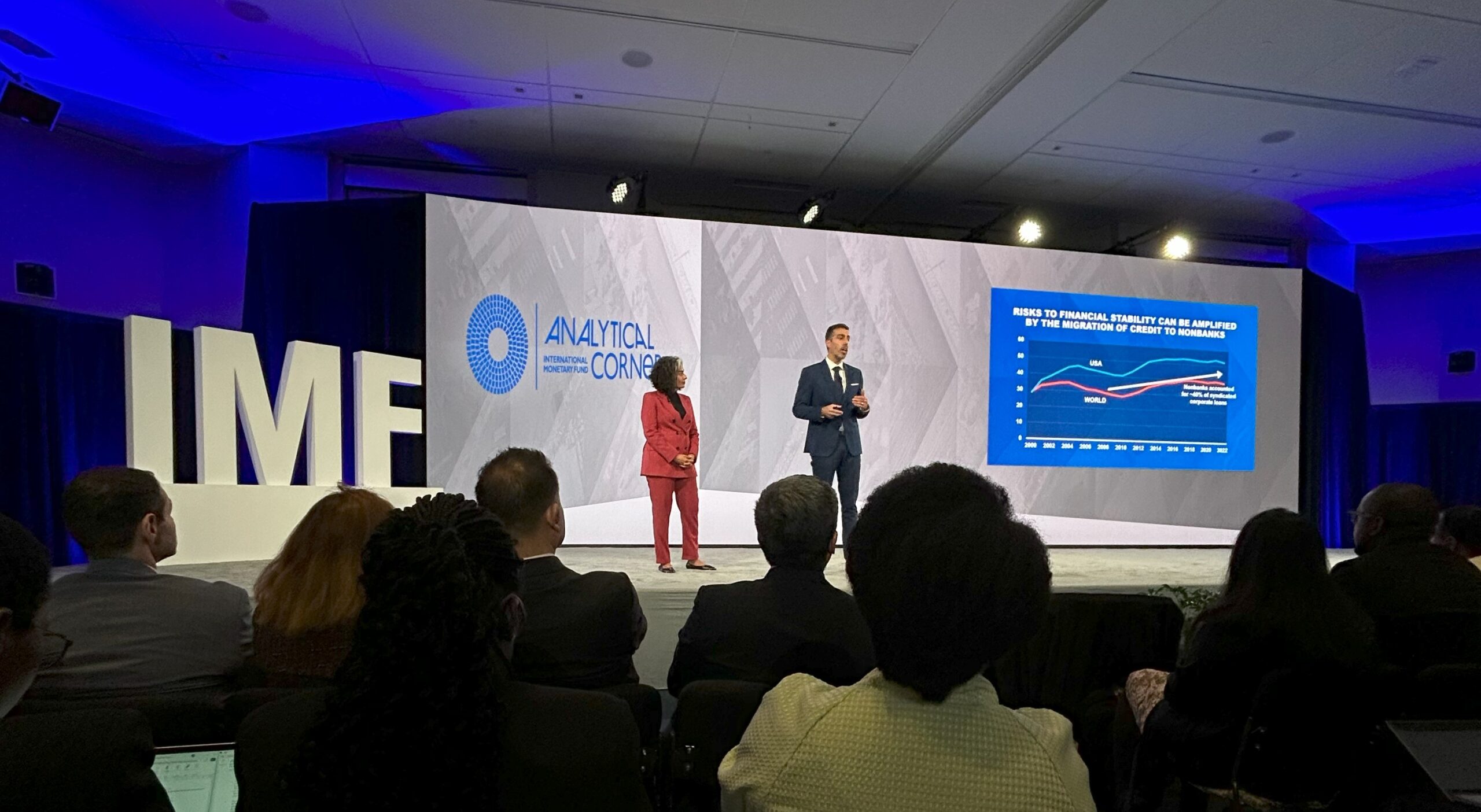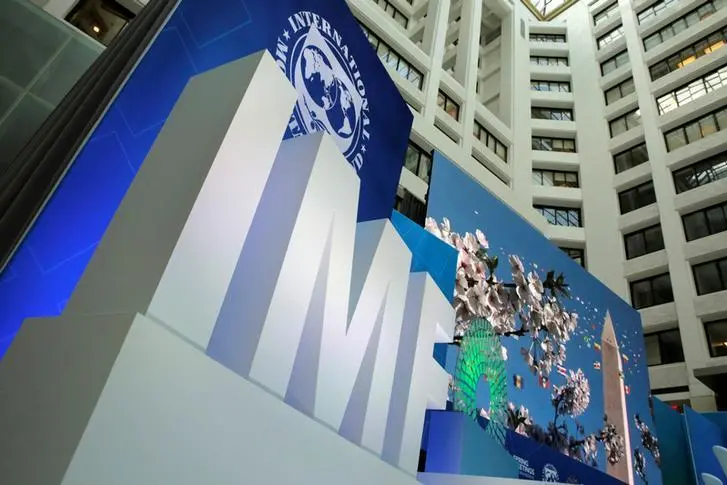The Pursuit of Global Confidence
“We have zero credibility. Argentina has exhausted its credibility.” This was the stark assessment from Santiago Bausili, President of the Central Bank of Argentina, during the panel on the country’s macroeconomic challenges at the IMF Spring Meetings in Washington, D.C.
Argentina received significant attention across several panels during the IMF Spring Meetings week. Bausili shared a candid behind-the-scenes view of the country’s economic reform process and outlined the ongoing adjustments to the exchange rate regime, monetary policy framework, and the evolving behavior of economic agents.
Acknowledging the fragility of institutional trust and the limitation of foreign exchange reserves, Bausili explained that Argentina is abandoning its exchange rate anchoring regime—where the peso’s value was kept stable relative to the dollar as an inflation-containment tool—and transitioning to a monetary aggregates-based model.
In practice, this means that instead of directly controlling the exchange rate, the Central Bank will manage the money supply as a way to influence inflation more predictably. The objective is to rebuild monetary policy credibility through transparent and sustainable targets, enabling a gradual transition toward a more stable system, less dependent on exchange rate interventions.
According to Bausili, the long-term goal is full liberalization of the exchange rate, but the process must be gradual to avoid uncontrolled shocks. He emphasized that, with the right incentives, predictability can return to guide rational decision-making by businesses and households.
“Argentines are not different. They are economic agents like anywhere else in the world, reacting to economic and financial incentives,” he stated.
The Complex Task of Dismantling Regulatory Distortions
One of the country’s core challenges lies in the dismantling of accumulated controls and regulations over the years. Bausili noted that unwinding these distortions is neither simple nor linear.
“When we start removing regulations, it’s like pulling a thread—and suddenly something unexpected happens,” he explained.
The current strategy focuses on the gradual reduction of market distortions, maintaining a degree of predictability while allowing the economic environment to adjust organically.
Additionally, Argentina is pivoting real interest rates from deeply negative territory to positive levels, in an effort to restore the peso’s role as a store of value.
Corporate Behavior Amid Uncertainty
The environment of high inflation and instability has led many companies to prioritize wealth preservation over growth.
“It has been more advantageous for Argentine companies to hold inventory than to expand,” Bausili noted.
This behavior, in his view, has distorted productive and commercial logic. He acknowledged that each sector is responding differently to the new economic policies, and margin adjustments and strategic repositioning will be inevitable over the medium term.
However, the country’s greatest challenge, according to Bausili, goes beyond legal and indicator changes. The core issue is the behavioral adaptation of economic agents—how people internalize and adjust to the new monetary framework.
“The response will be gradual. The normalization of markets, monetary policy, and expectations will require time and patience,” he affirmed.
To watch
Bausili’s presentation made it clear that Argentina’s economic stabilization is a systemic process, not a one-off event.
The combination of technical realism, political candor, and a focus on institutional rebuilding defines the tone of the current administration.
The changes will be gradual but are clearly oriented toward restoring confidence, stabilizing the system, and laying the groundwork for a new cycle of sustainable growth.
Want to receive the next insights directly in your inbox? Click here (Spring Meetings) and sign up on our landing page to receive all real-time updates.














